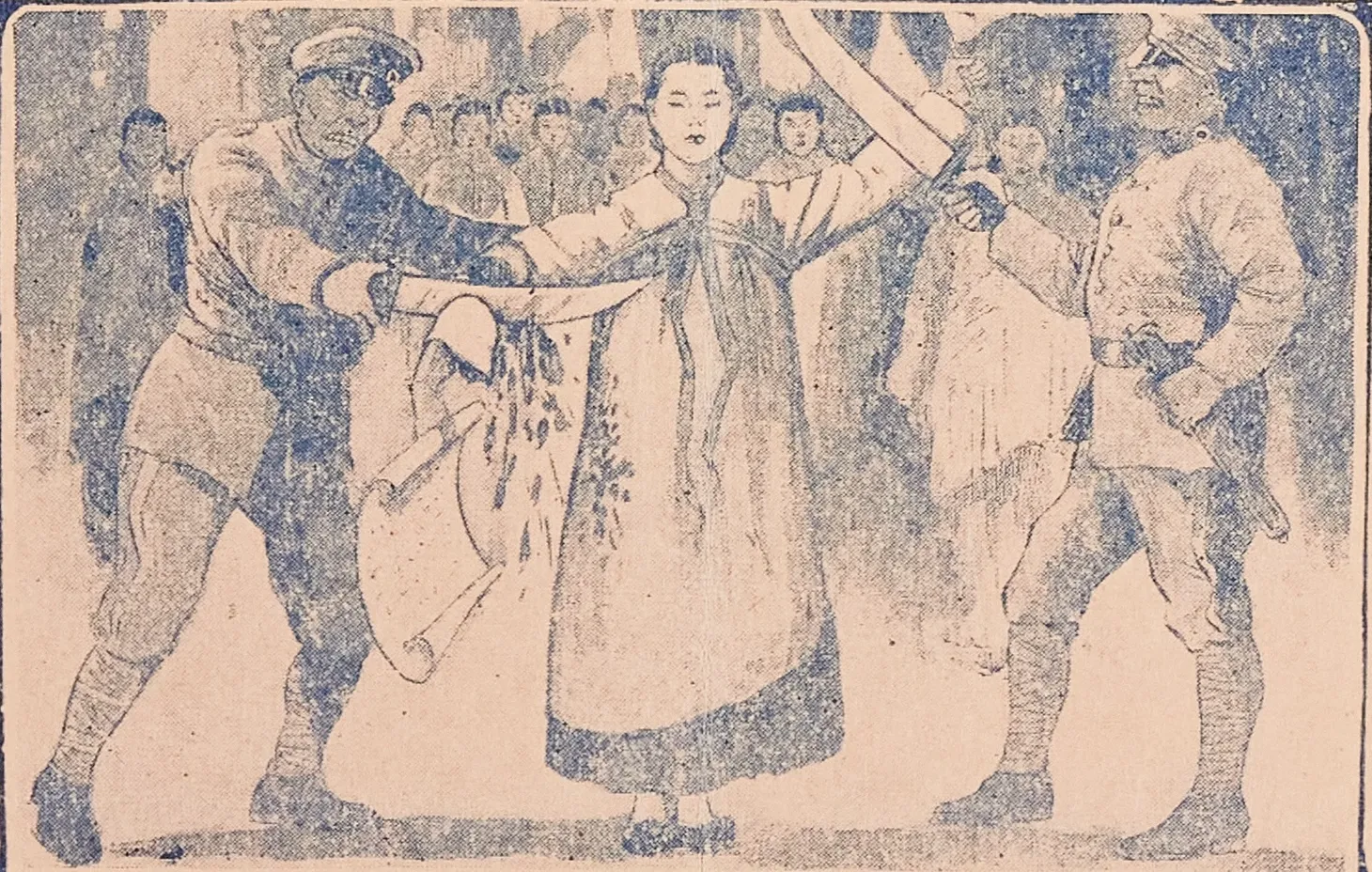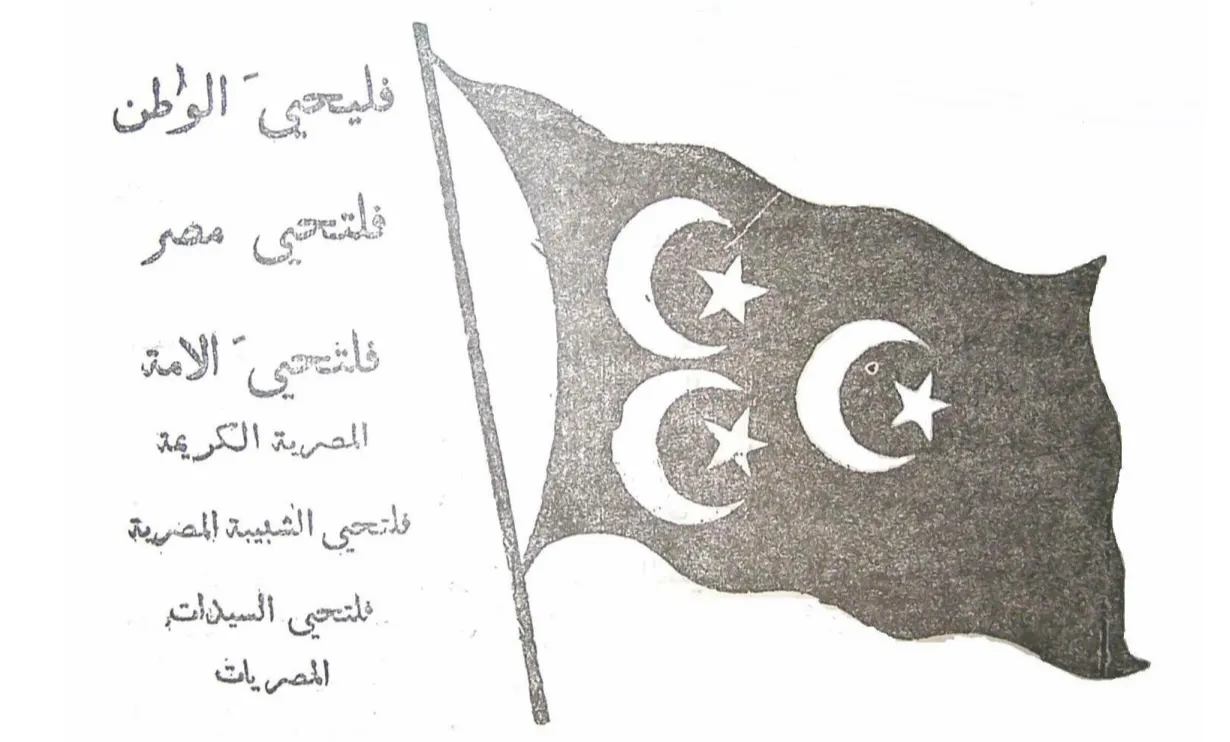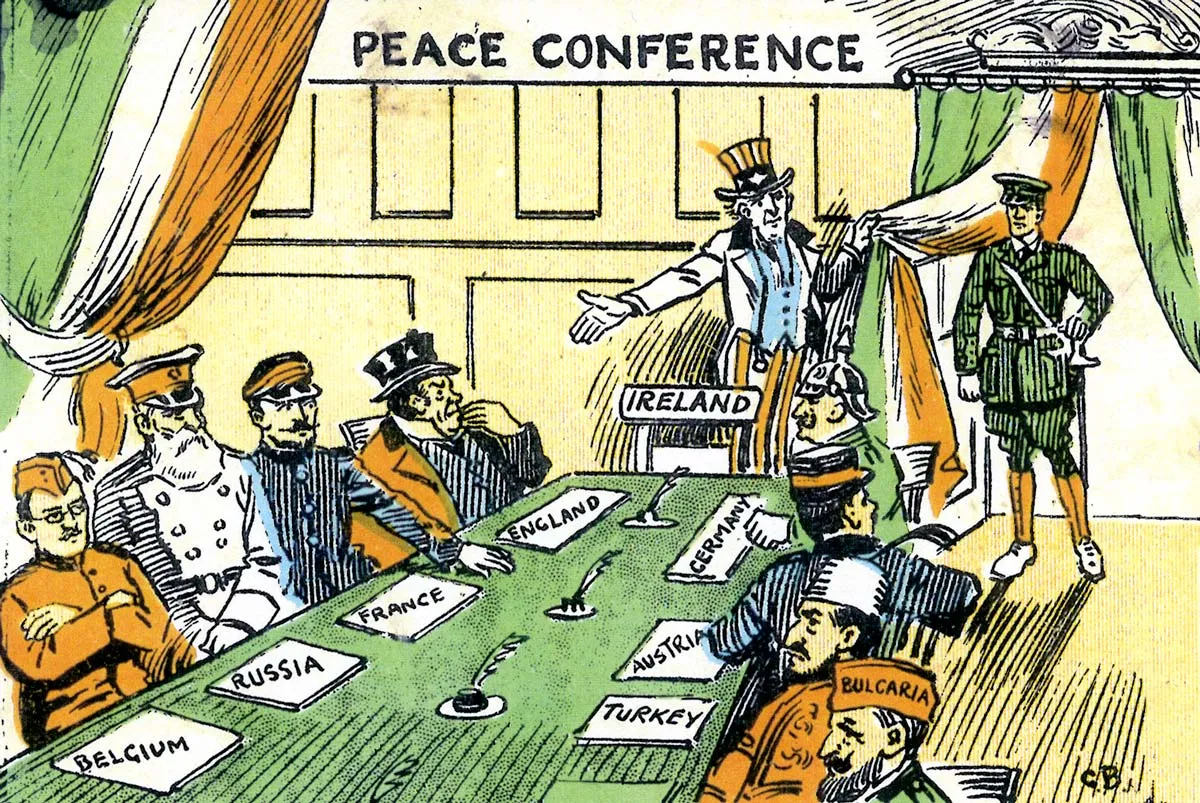“When Any of You Intend to Divorce”: Teaching Continuity and Divorce in the Medieval Islamic Middle East, c.600 - c.1600
A discussion of teaching continutiy using examples of divorce in the Islamic Middle East

Most world history teachers lament how students aren’t familiar with much of world history. We all have had students confuse the Mongols and Mughals or struggle to locate Southeast Asia on a map. We often wish our students remembered more from the most recent reading. But what about the things they do remember? Or, even more crucially, the topics they think they understand?
I began teaching at Friends Seminary one day before 9/11. For the first ten years, my students internalized a weird amalgamation of rhetoric about the Middle East and Arab world that blended ideas from the George W. Bush administration, Samuel Huntington, Bernard Lewis, and Thomas Friedman. Despite teaching in a liberal and progressive school, I regularly had students start the school year convinced that Islam was a “backward” and “medieval” religion. Even after eight years of Obama, students still began the school thinking they knew something about the Middle East. When it came to Islam and the Middle East, I often wished my students were a little more blank slates than vessels overflowing with stereotypes.
Because students were predisposed to view Muslims as “backward,” many of them assumed that “Islam had always oppressed women” - a phrase I heard too many times. That statement also was the ideal entry point for teaching students about change and continuity, a concept that many students struggle to understand. By exploring how Muslims thought about divorce between 600 and 1600, students can both challenge pervasive stereotypes about Islam and gender and better understand continuity over time.
The Continuity Challenge
This content is for Paid Members
Unlock full access to Liberating Narratives and see the entire library of members-only content.
SubscribeAlready have an account? Log in



